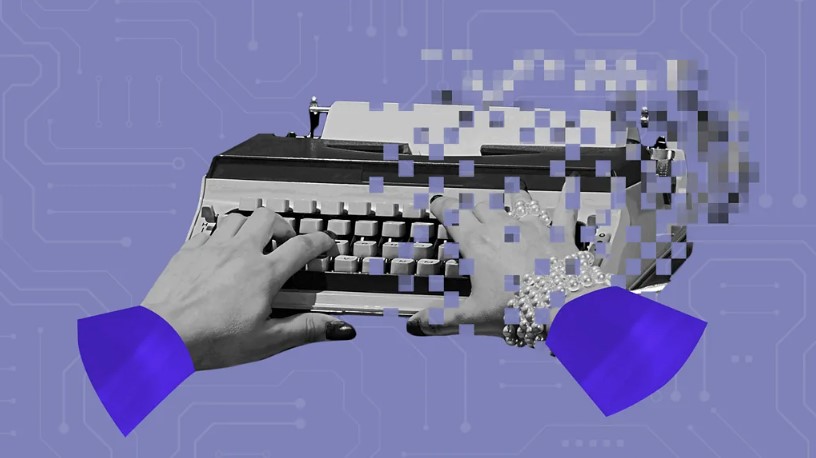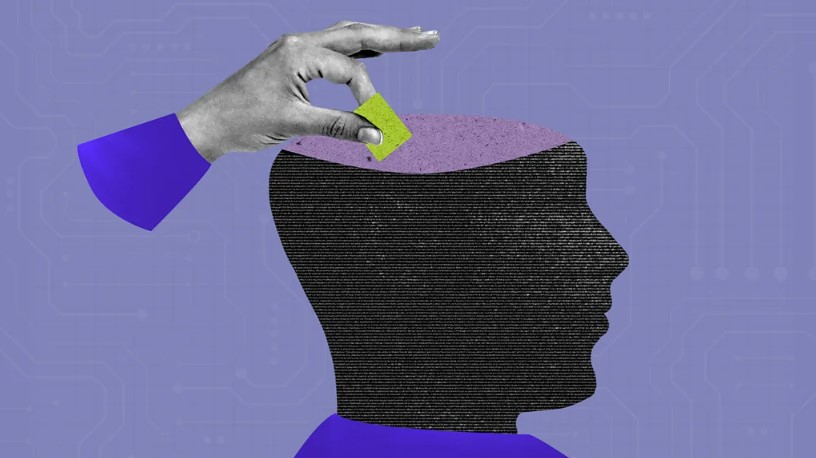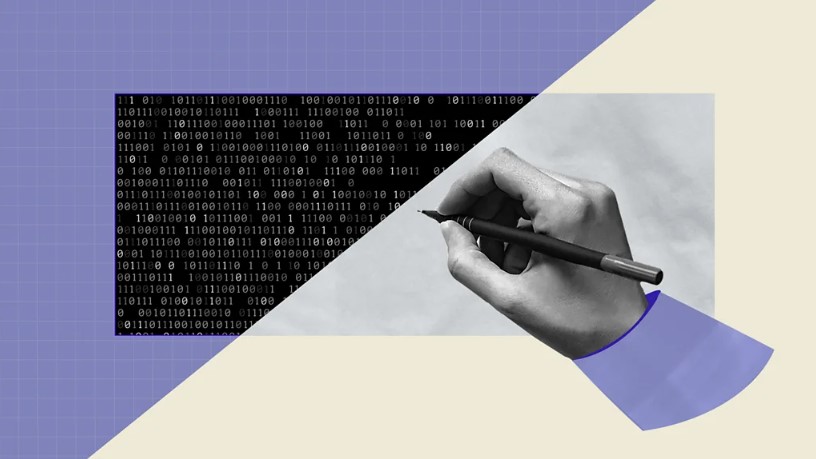
If you're concerned about the impact of AI on your job, the world of copywriting might offer a glimpse into the future.
Benjamin Miller, a pseudonym, thrived as a writer in early 2023. Leading a team of over 60 writers and editors, he crafted blog posts and articles for a tech firm specializing in data resale, from real estate to used cars. "It was fulfilling work," Miller recalls, highlighting the creativity and collaboration involved. However, changes were on the horizon when management introduced AI to cut costs.
A month later, an automated system was implemented. Miller's role shifted: instead of ideating independently, his team now molded articles based on AI-generated outlines, which Miller polished before publication. This transition escalated further when ChatGPT took over writing entire articles, resulting in significant layoffs. The remaining team, including Miller, focused on refining the AI's output to sound more human.

Copywriters are at the forefront of a new line of work: human-AI collaboration
By 2024, Miller found himself alone, refining AI-written content daily. "I felt like I was the robot," he admits, describing the monotonous task of correcting formulaic errors. His experience mirrors a broader trend where AI increasingly performs tasks once exclusive to humans, though often requiring human intervention to add a personal touch.
"Some writers find this editing more tedious than starting from scratch," notes Catrina Cowart, a copywriter. The evolving landscape sees some embracing AI as a tool to enhance creativity, while others, particularly newcomers, struggle with reduced job prospects. A new niche has emerged: editing AI-generated content for minimal pay, a stark contrast to traditional writing rates.

AI makes life easier for some writers, but for others, it adds insult to injury
Rebecca Dugas, a veteran copywriter, views AI as a valuable partner, streamlining her workflow without compromising quality. She anticipates ongoing demand for skilled writers who understand the nuances of effective communication, even as AI capabilities advance.
For many in the industry, adapting to AI represents both a challenge and an opportunity. As Rebecca Matter from AWAI emphasizes, embracing AI can redefine productivity, creating new avenues for those who can integrate technology effectively.
Miller's journey from crafting content to refining AI illustrates the profound changes underway in the workforce. While some fear widespread job displacement, others like Bars Juhasz of Undetectable AI see adaptation as inevitable in the evolution of work.
Reflecting on his time "humanizing" AI, Miller remains critical of its impact but acknowledges the adaptability it demands. As industries grapple with these shifts, the future of work hangs in a delicate balance, where human creativity and technological progress intersect.